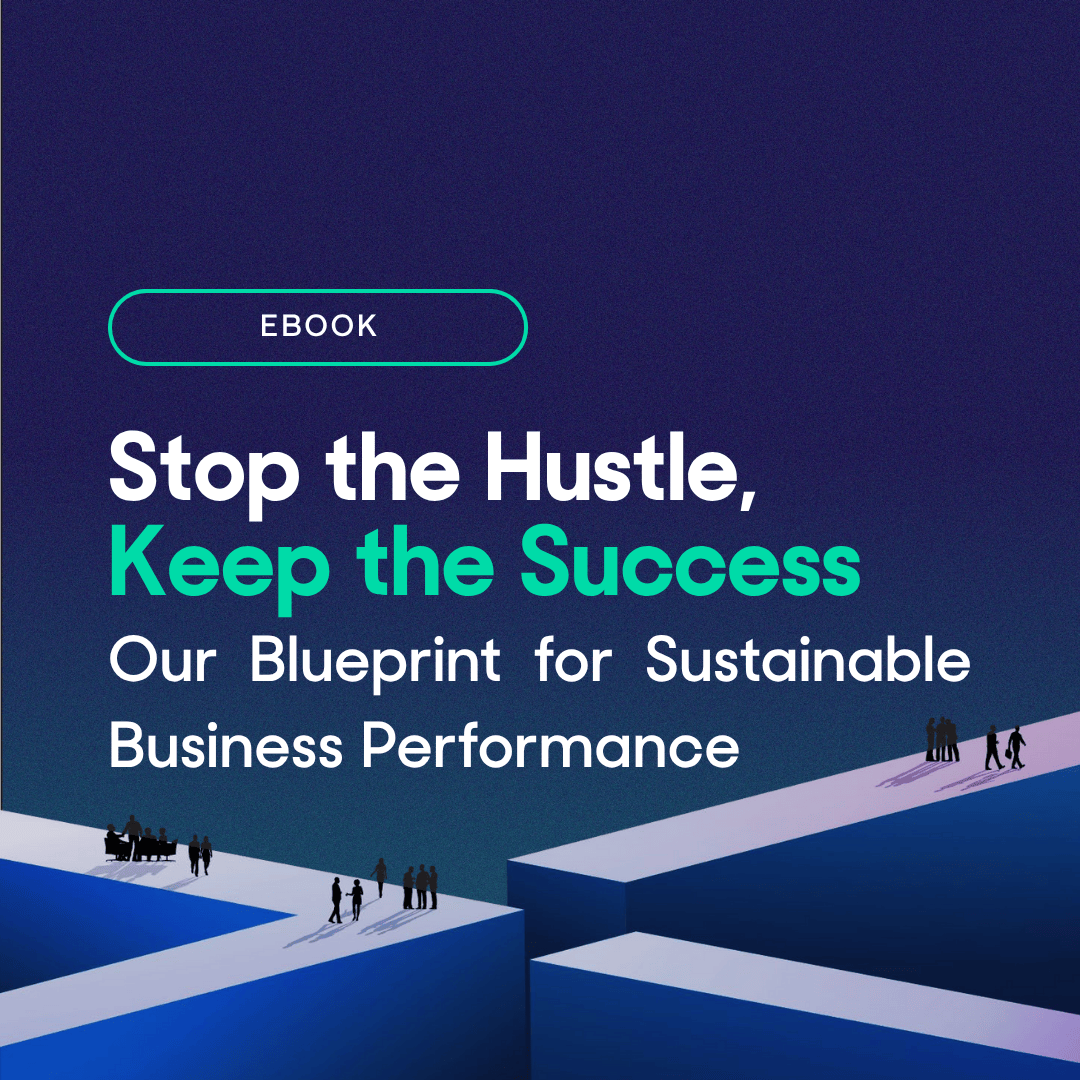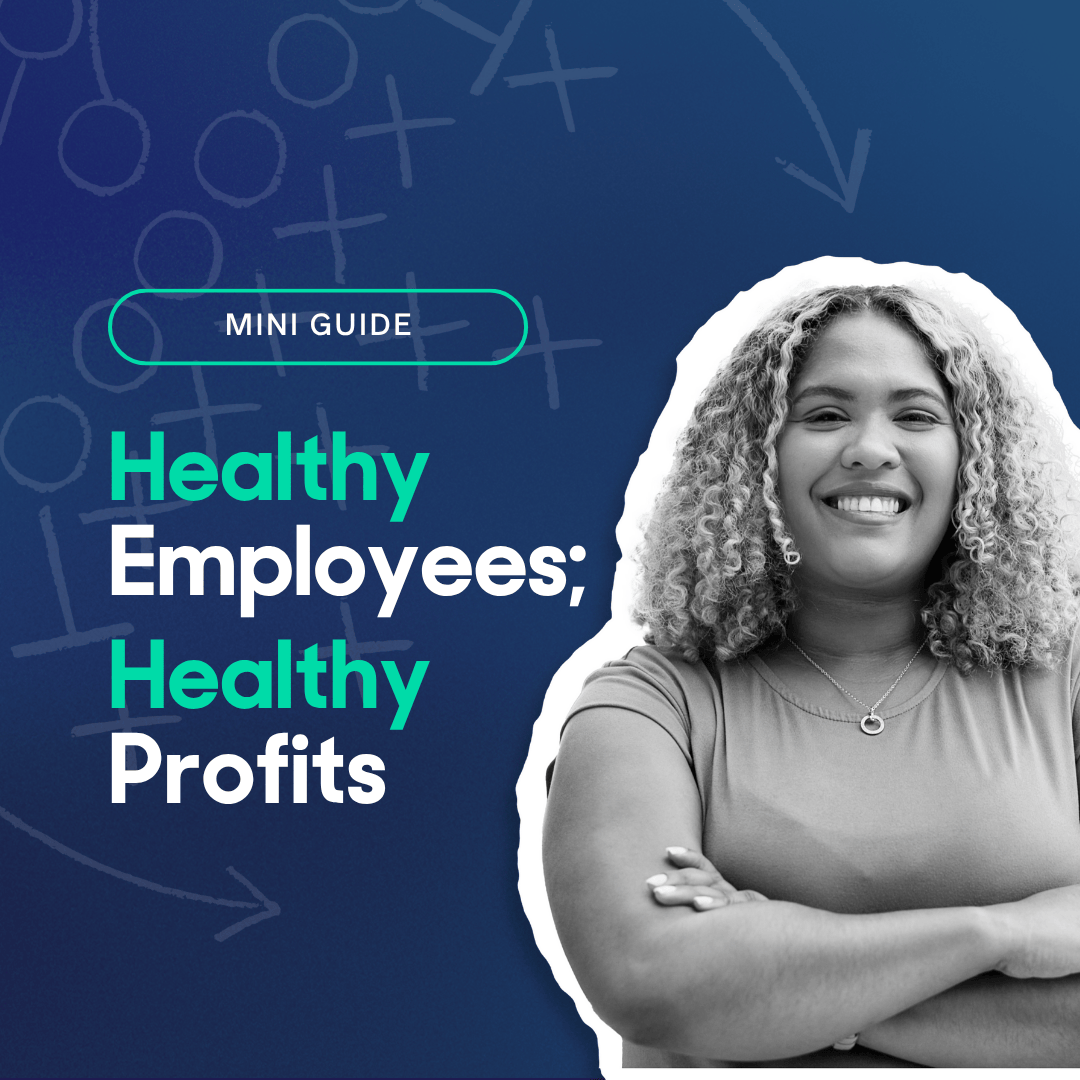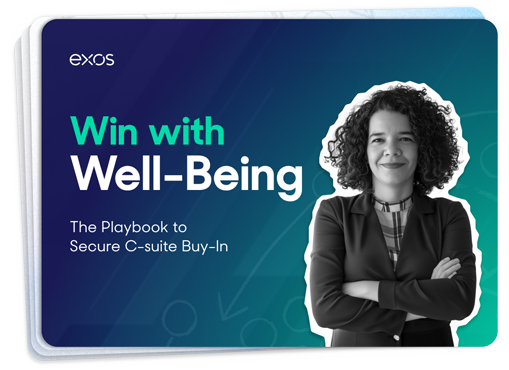Make the case for well‑being investments.
Convincing the C-suite to invest in well‑being can be tough. We've created a playbook to help you secure their buy-in.
Get on offense and go to bat for well-being.

As a leader, you’re responsible for creating a winning culture while supporting the well-being of your workforce. Like any good coach, we’ll hand you the playbook and show you how to unite your team.
So tie up your laces, and get ready to win with well-being.

Well-being is a necessity.
Employees overwhelmingly favor working for companies that prioritize their well-being. A company culture centered on well-being not only benefits the employees but also positively affects the company's financial performance.
74
of employees say that improving their well-being is more important than advancing in their career.
89
of employees of companies with wellness programs are engaged and happy with their job.
1 in 3
1 in 3 employees would forgo a pay raise for additional well-being benefits for themselves or their families and additional flexibility at work.
Creating a culture of well-being starts at the top.
We're here to help you demonstrate that well-being benefits have evolved from nice-to-have perks to essentials for organizations seeking a competitive advantage.

“Like many things, when it comes to well-being, modeling by leadership is key. A true well-being culture has to start with the C-suite. If they don’t believe in the value and lead by example, employees will stay burnt out and disengaged.”

“When I talk to my peers at other organizations, I talk about the value of investing in well-being versus just the ROI. The value of more engaged employees means better customer service or, for us NPS, which means better business success.”
Learn the best ways to overcome well-being objections.

Download the playbook for full data-backed strategies that address these objections and more.
Explore related content.

On-Demand Webinar
Discover how to pitch employee well-being as a strategic driver for business success and win executive support.
Watch Now
In-Depth Guide
Learn how Exos created a culture of sustainable performance, adaptability, and well-being at work.
Claim the Blueprint
At-A-Glance
Well-being isn’t just a perk — it’s a proven catalyst for business performance. Learn how to secure leadership buy-in and make well-being a competitive advantage.
Download
Unite your team.
60% of employees and 64% of managers are seriously considering quitting for a job that would better support their well-being. You need to make changes now, so we did the legwork so you can focus more on securing the victory and less on researching the plays.
Contact us
Let’s connect
Find out how Exos can empower your team — in person, remotely, or both.